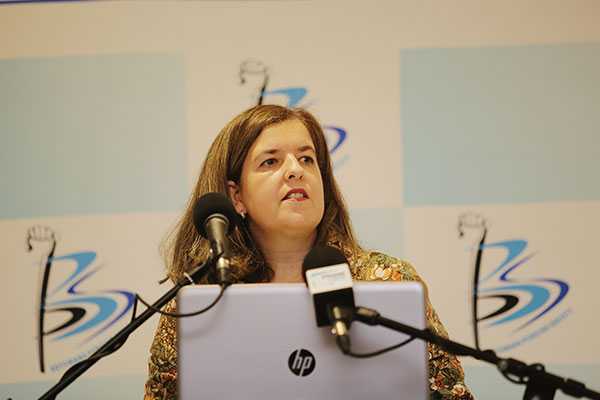Fund Trustees drilled on prudent investing
Fund Trustees have been implored to always conduct their fiduciary duties with utmost care and integrity in order to uphold prudent investing and safe guard against money laundering.
At the first 2018 Trustee Seminar under the theme, ‘Prudent Investing’, Botswana Pension Society Chairman, Peter Hikhwa said trustees need to appreciate the fact that they are entrusted with implementing appropriate investment strategies to ensure they provide their members with a return on their investment. “You are acting on behalf of your members and therefore it is critical that you act just as you would on your own behalf,” Hikhwa said.
Senior Policy Advisor at the Association of Savings and Investment South Africa (ASISA), Sunette Mulder concurred that Trustees need to note that after deciding on appropriate investment mandates in which to invest, the Fund will select an investment to give effect to those mandates. She said potential investment managers should be evaluated from both quantitative and qualitative perspectives – to assess their ability to make superior investment judgments.
In addition to a passion for investment, they must have in-depth knowledge of the markets’ workings, patience and tenacity; especially for contrarian strategies adopted, flexibility and an ability to invest, unfettered by vested interests.
She further added that experience also counts, as well as knowledge of how other market participants behave.
Mulder added that among other things, trustees need to select managers that are open minded to new and changing investment opportunities and dynamics, including accountability, remuneration structures which are goal congruent with those of the Fund’s investment criteria. As well as be open to best practice and ethical principles, at both individual and team levels.
Trustees were also encouraged to take heed of the Global Investment Performance Standards (GIPS) – voluntary standards governing the calculation and presentation of investment performance based on the ethical principles of fair representation and full disclosure.
According to Muller, these ensure accurate and consistent data and that the fund obtains worldwide acceptance of a single standard for calculating and presenting performance; promote fair global competition among investment firms; promote industry self-regulation on a global basis and promote investor interests as well as instill investor confidence.
With the fast evolving regulatory environment, retirement funds’ investments are subject to stringent regulatory and anti-money laundering controls that Trustees need to be aware of. Managing Partner at Mundial Consulting, Romeo Benjamin said one of the challenges that financial regulators have in dealing with money laundering is that some institutions that are supposed to be shunning money laundering can harbor it and turn a blind eye.
For example, he said with current liquidity challenges that banks are faced with, it is difficult for them to turn away deposits. “Many banks require clients to disclose the sources of money when making deposits, however, laundered money can find a way into the systems,” Benjamin said.
He, however, stated that since September 11, regulations have become more stringent, resulting in the Financial Action task Force (FATF) Regulations 40+9, which includes the introduction of Know Your Customer (KYC) in financial institutions, among other initiatives.





